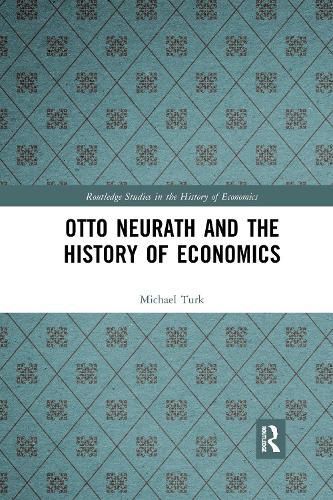Readings Newsletter
Become a Readings Member to make your shopping experience even easier.
Sign in or sign up for free!
You’re not far away from qualifying for FREE standard shipping within Australia
You’ve qualified for FREE standard shipping within Australia
The cart is loading…






Although Otto Neurath left his mark across an array of fields in the first half of the twentieth century, he was trained as an economist and wrote extensively about economics. He questioned the philosophical foundations of economic concepts, the fuzziness of economic terminology, the unwarranted reduction of economic theorizing to matters of price, and the misplaced reliance upon certain quantitative approaches.
This book intends to find a place for Otto Neurath in the history of economic thought by examining and analyzing his economic ideas, both on their own terms, albeit with a critical perspective, and in the broader context of their impact. Neurath may be seen as a pioneer in posing ideas and approaches now considered heterodox.
This book will be of interest to students and researchers of the history of economic thought, and especially those interested in the evolution of heterodox economics in the twentieth century.
$9.00 standard shipping within Australia
FREE standard shipping within Australia for orders over $100.00
Express & International shipping calculated at checkout
Although Otto Neurath left his mark across an array of fields in the first half of the twentieth century, he was trained as an economist and wrote extensively about economics. He questioned the philosophical foundations of economic concepts, the fuzziness of economic terminology, the unwarranted reduction of economic theorizing to matters of price, and the misplaced reliance upon certain quantitative approaches.
This book intends to find a place for Otto Neurath in the history of economic thought by examining and analyzing his economic ideas, both on their own terms, albeit with a critical perspective, and in the broader context of their impact. Neurath may be seen as a pioneer in posing ideas and approaches now considered heterodox.
This book will be of interest to students and researchers of the history of economic thought, and especially those interested in the evolution of heterodox economics in the twentieth century.